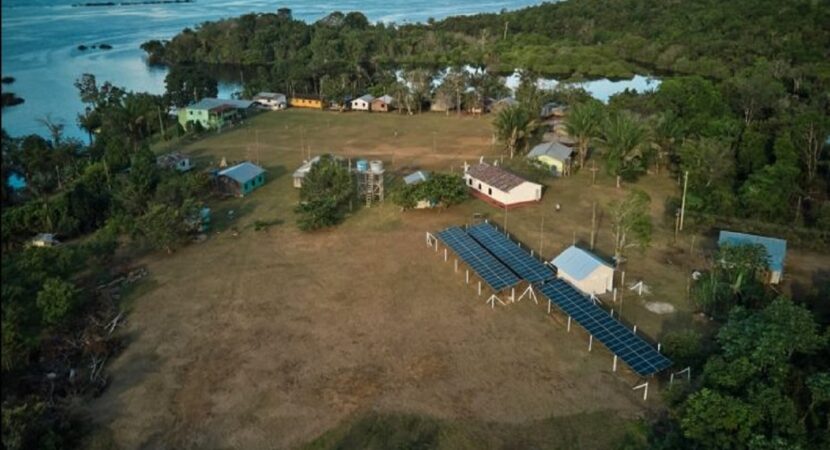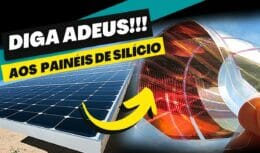
Amazonas is developing a project that could bring cheap and clean solar energy to residents living in remote areas. The initiative also promises to help UEA students
A project in Amazonas is analyzing the possibility of developing a source based on sunlight that could bring cheap and clean solar energy to remote areas, considering that there is no need for cabling. The study, which is supported by the State of Amazonas Research Support Foundation (Fapeam) through the Amazônidas Program, aims to acquire photovoltaic devices capable of transforming sunlight into clean energy, in addition to characterizing and preparing various nanomaterials used in the production of such panels as, for example, quantum dots, nanocrystalline semiconductor oxides, carbon dots and graphene.
Read other related news
Learn more about the device that could generate cheap solar energy for the Amazon
According to the coordinator of the clean energy project, PhD in Physical Chemistry and professor of the Chemical Engineering course at the State University of Amazonas (UEA), Ellen Raphael, they would be third generation cells, not currently commercialized, that could replace solar energy cells sold in the current market, being much cheaper and offering greater efficiency.
Ellen points out that the initiative comes from the ability to improve Brazilian technology for the generation of solar energy cells and also from HR training among students who are developing the study.
The coordinator points out that the incentive of the Government of Amazonas, through Fapeam, via the Amazônidas Program, is essential for the project to move forward and clean and cheap energy to be generated as quickly as possible. In addition, the project is a great initiative for the creation of various types of innovative materials, in addition to helping in the training of students who are involved in the project.
Understand the methodology used in the project that promises to generate solar energy in remote areas of the state of Amazonas
Among the basic methodologies for characterizing and preparing materials for the clean energy project, there are: the synthesis of quantum dots, preparation of graphene oxide composites, preparation of photoanodes, preparation and characterization of polymeric electrolytes, graphene oxide composites and fabrication of solar energy cells.
Ellen also explains that it is necessary to study several conditions of the synthesis of quantum dots, synthetic routes and nanocomposite materials based on reduced graphene oxide, seeking to acquire materials with optical and conductive properties, so that, when applied in solar energy cells, they can be achieve greater performance.
The coordinator clarifies that, in the work, the intention is to characterize and prepare a paste starting from the reduced graphene oxide composite or metallic particles to be used as counterelectrodes, and also to prepare different photoanodes and use polymeric electrolytes in gel form in cells, generating cheap solar energy and creating a Brazilian technology for the production of photovoltaic devices.
About the Amazon Program
The Amazon Program – Women and Girls in Science is an initiative of the Government of Amazonas that aims to encourage increased female representation in the Science, Innovation and Technology sector.
Therefore, the initiative seeks to boost research, technology and innovation projects as an affirmative action that seeks to increase the presence of women in leadership of projects such as this one, of cheap solar energy.












